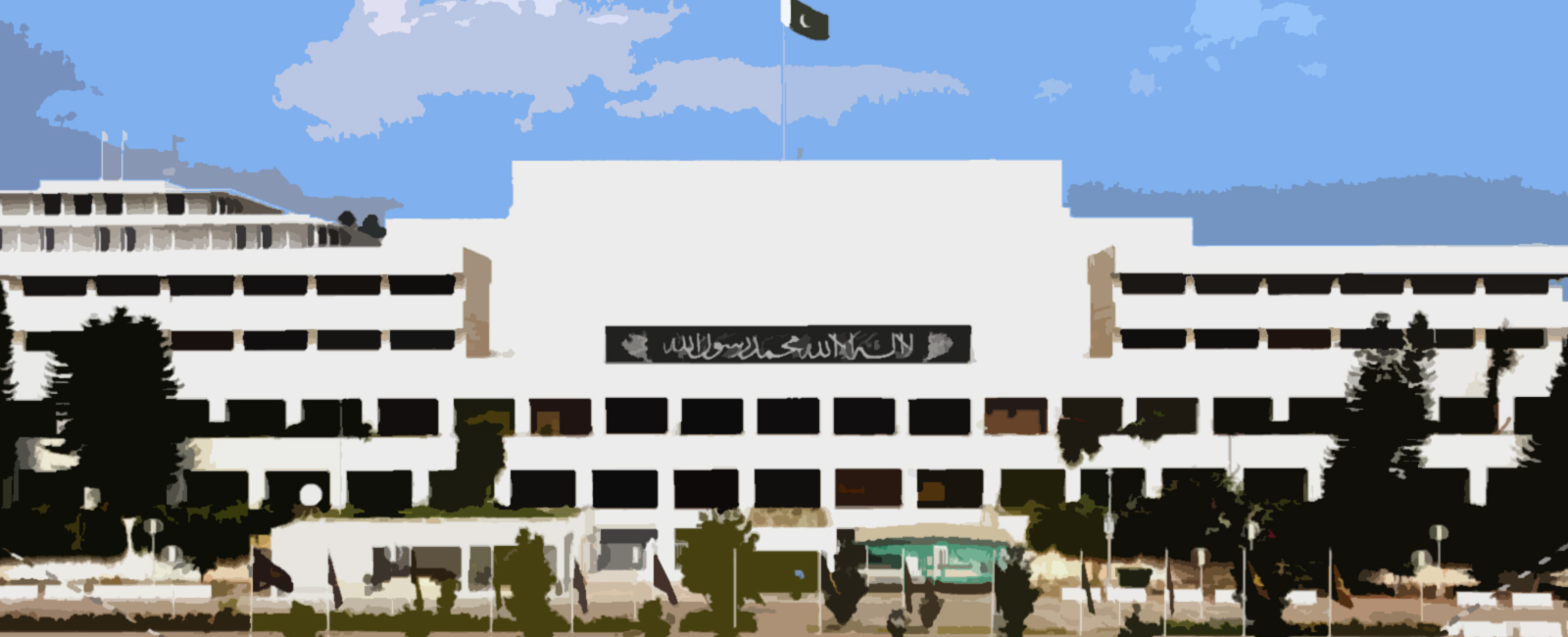Next regime looking at hydra-headed challenges
Geo.tv divulges into four crucial fronts that the incoming government will have to focus on for stability

As Pakistan’s post-election scene is abuzz with talks of potential alliances with horse trading seemingly in full gallop, political parties are aggressively courting each other to come into power — but there is much more to it than what meets the eye.
Nevertheless, despite Pakistan Muslim League-Nawaz (PML-N) dashing its supremo Nawaz Sharif’s fourth-term dreams and proposing Shehbaz Sharif’s name instead for the prime ministership, uncertainty hangs heavy in the air.
The PML-N controls around 80 of the 266 general seats of the National Assembly and with backing from others, it can form the government, and its nemesis, the Pakistan Tehreek-e-Insaf (PTI), whose independent candidates are the largest elected group in the lower house of parliament, has also decided to play the opposition’s role.
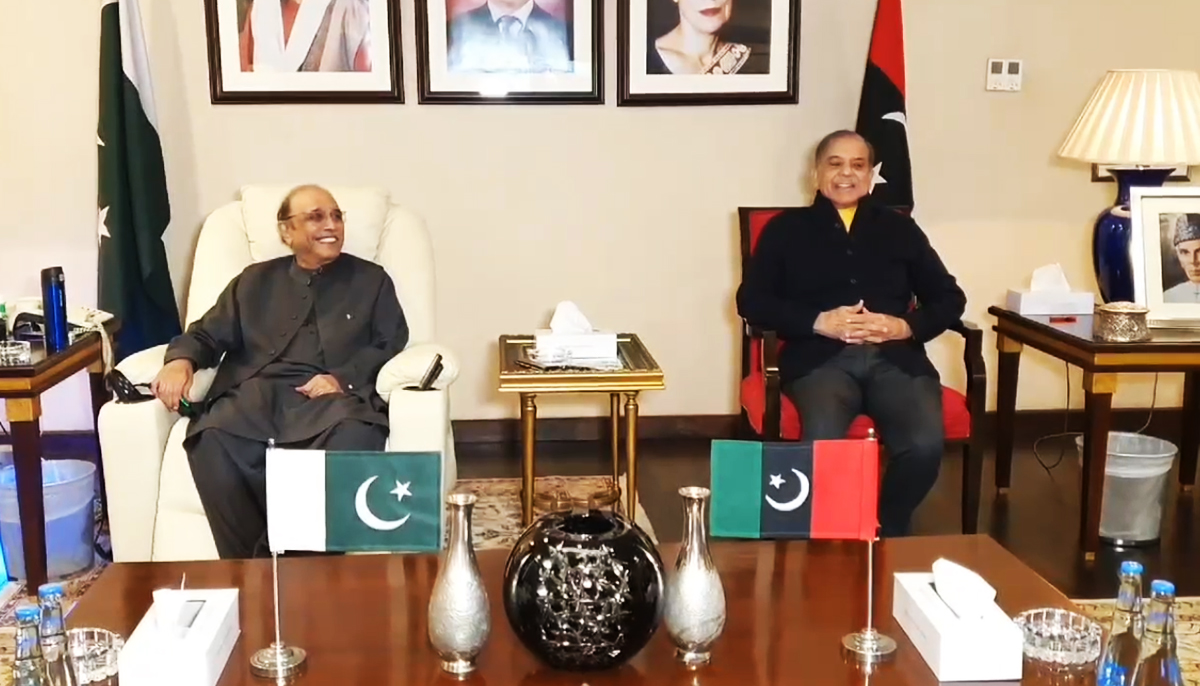
But even if the PML-N takes the helm of the regime and others decide to join the opposition, there’s a consensus among stakeholders: the ride will be bumpy as the incomers will have to fight on all fronts. And the more unstable the government, the more difficult it will be for it to deal with a plethora of problems, especially economic ones.
The nation, which is on the brink due to the persistent economic and political crises, also saw these elections as a gateway to progress, as an elected government takes into consideration the masses’ conditions before making decisions.
Geo.tv reached out to experts to understand the challenges and how can the incoming federal government deal with them.
Political stability — 'healing touch'
The political turmoil has persisted ever since the PTI’s government was removed from power through a no-confidence vote in April 2022, with the situation further intensifying post-February 8 elections.
With much polarisation, the governance for the new regime will not be a bed of roses, but a crown of thorns that will prick it a thousand times for even thinking about an unpopular decision, let alone taking one.
Senior analyst Mazhar Abbas told Geo.tv that the political situation had been very volatile since the February 8 general elections and it would be quite challenging for the future government, not only for political stability but also for economic betterment.
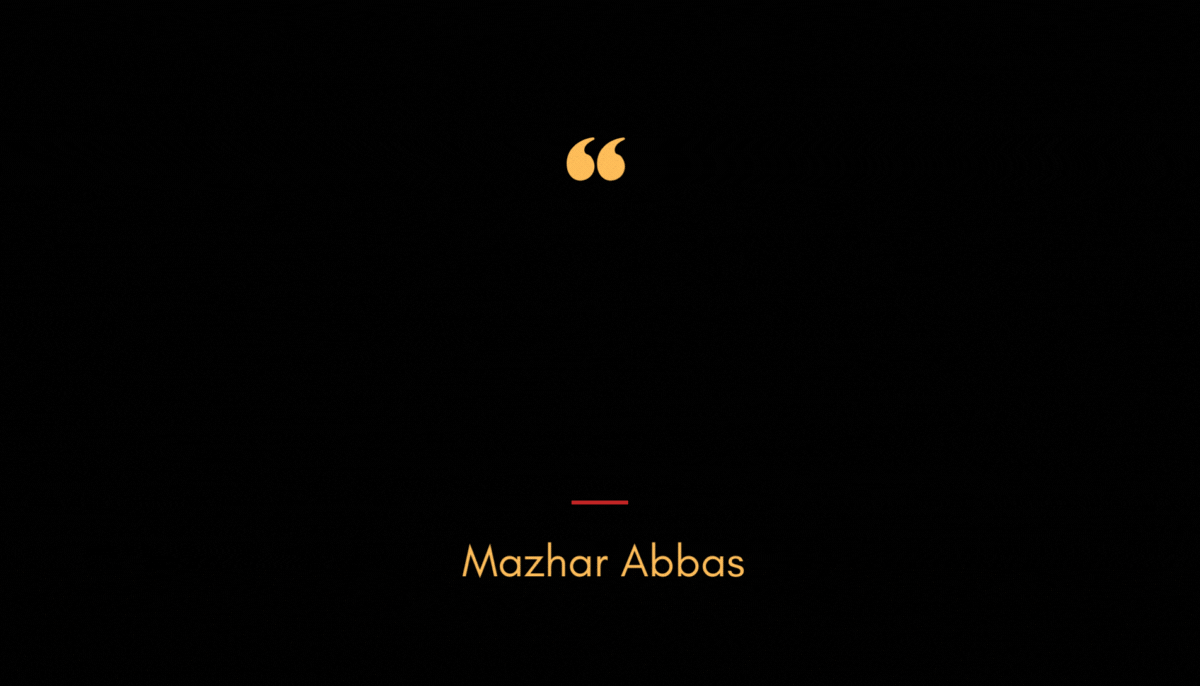
The future prime minister and the leader of the house would most likely be facing one of the strongest oppositions ever, he said.
“Therefore, the first three to six months will be most important for the new premier from both economic and security point of view,” Abbas added.
Veteran journalist Fazil Jamili believes that the forthcoming government should prioritise fostering political engagement to uphold national stability in view of an alarming rise in political animosity, leading to a heightened polarisation within the nation.
To promote stability, Jamili said: It is imperative for all political factions, regardless of their governmental or opposition status, to engage in constructive dialogue.
“Historical precedents demonstrate the efficacy of such engagements, where workers and political leaders, despite differing perspectives, engaged in productive discussions aimed at bettering the nation,” the senior journalist said.
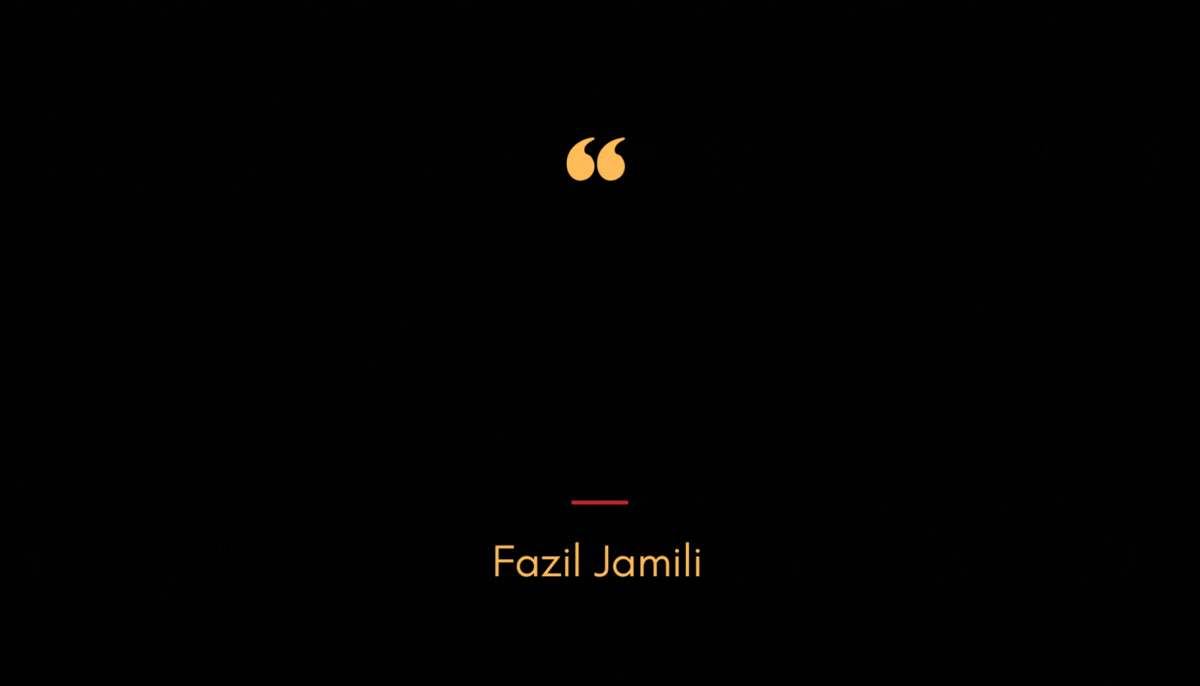
Moreover, he also said: "Addressing economic challenges would necessitate robust political engagement and cooperation."
Seconding Jamili, anchorperson Adil Shahzeb said: “Indeed, the next government’s foremost task would be to heal the nation as fast as possible as the country is currently deeply embroiled in politics of vendetta that is giving rise to a culture that has proved to be damaging for Pakistan.”
“For economic stability, [all politicians] will have to sit together, whether or not they like it. If Shehbaz Sharif becomes the prime minister, he will have to sit with Omar Ayub, Bilawal Bhutto, and Maulana Fazlur Rehman, and the same goes for the PTI. Political stability cannot be achieved unless these issues are resolved,” Shahzeb added.
Economy — 'most challenging'
Dr Khaqan Hassan Najeeb, a former adviser to the finance ministry, said that the incoming government would take office at the most challenging time of the economy.
“The immediate stability of Pakistan's economy rests with the completion of the current International Monetary Fund’s Standby Arrangement, for which the IMF’s delegation should be visiting once a new government is formed,” he added.
“The second important task would become how the negotiations or deliberations, at least for a new IMF programme are handled, and that signal is clearly communicated to the investors, both local and foreign.
“To accomplish these tasks, the incoming government must have a framework of the kind of programme on the monetary, fiscal energy, and structural side that would not only cement macro stability but also look after the macro fundamentals that still are uncomfortable.”
The uncomfortable macros include inflation at high-double digits for the second year in a row, Pakistan's rising poverty near 39%, a budget deficit above 7%, and a quasi-fiscal deficit in the energy and food sector estimated to be around 2%.
Najeeb stressed that the corrective measures and adjustments should form part of the new IMF programme, and then should be reflected in the upcoming budget, which instead of being a usual run-of-the-mill budget, should be reforms-oriented, which would again, signal a wider community.
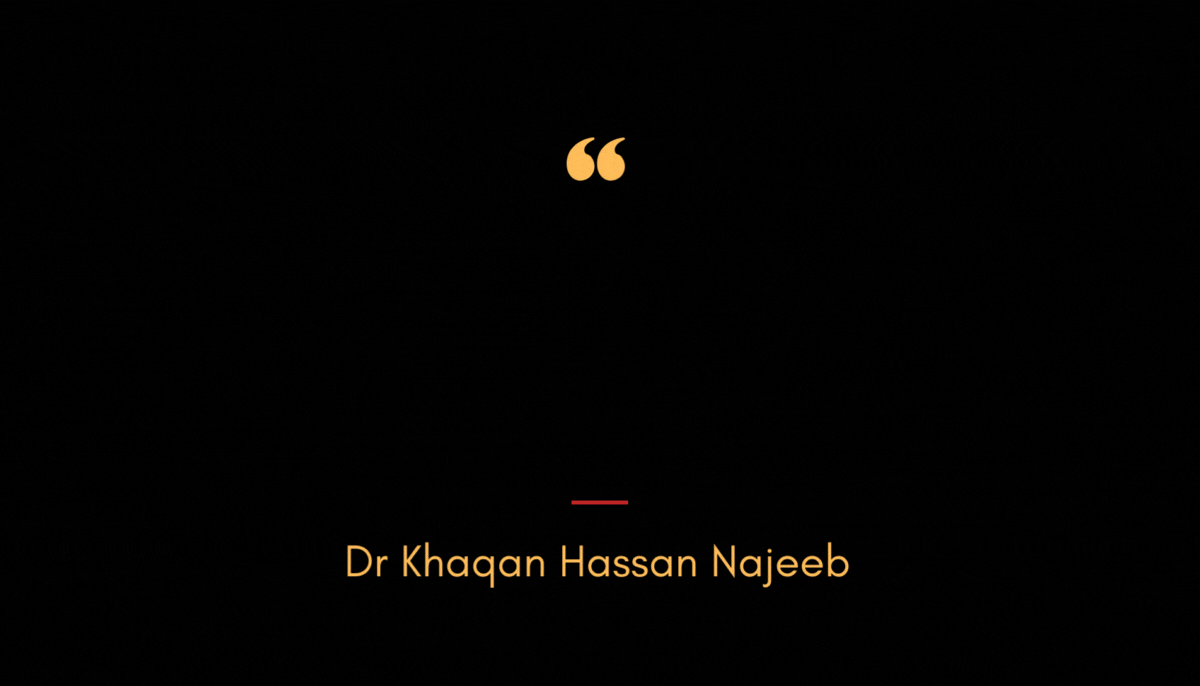
He added that new tax measures on the “administrative side and widening should also be quite evident”.
Najeeb said that these alone were quite challenging to accomplish in the next four to five months, but having completed this, the macro stability would be attained and then the government should work towards making the economy fundamentally sustainable on a growth path.
“Those, of course, require that the rising energy costs and inefficiencies be handled much more structurally, where a programme of reorienting Pakistan's energy sector via private sector efficiencies through divestment, tariff reform regulatory improvement, talking to the IPPs for debt deferment would all become very important.”
The government then must be thinking about productivity improvement in the country, he said, along with Pakistan's debt handling which itself requires thorough hard work.
“The key realisation here is that all these are, are deep fundamental issues, which require a team of professional economists, energy sector specialists, investment and privatisation experts.”
The defining future for Pakistan would be that the incoming political government was able to realise that the old model of running the economy without professional input had not been helpful, he said, urging the next rulers to seek the help of professionals.
Pragmatic foreign policy
Taking office amidst severe economic turbulence, Pakistan's new government is poised to adopt a foreign policy heavily inclined towards economic rejuvenation, opines Baqir Sajjad, who reports on foreign affairs and national security.
He told Geo.tv that central to this strategy will be securing financial assistance and aid from the IMF and other international financial institutions, along with garnering support from bilateral donors.
“Diplomatic backing, particularly from the United States, will be crucial not only in securing an IMF deal but also in encouraging allies, especially in the Middle East, to extend financial support to Pakistan,” Sajjad noted.
The administration, he further said, would have to strengthen trade and investment ties with Washington by aligning with US interests in regional stability and counterterrorism. “This alignment is seen as pivotal for economic revival.”
At the end of the PTI-led government, Pakistan and US relations hit a low after then-prime minister Imran Khan alleged that the Joe Biden administration was behind his ouster. Later, the next government tried to revive them.
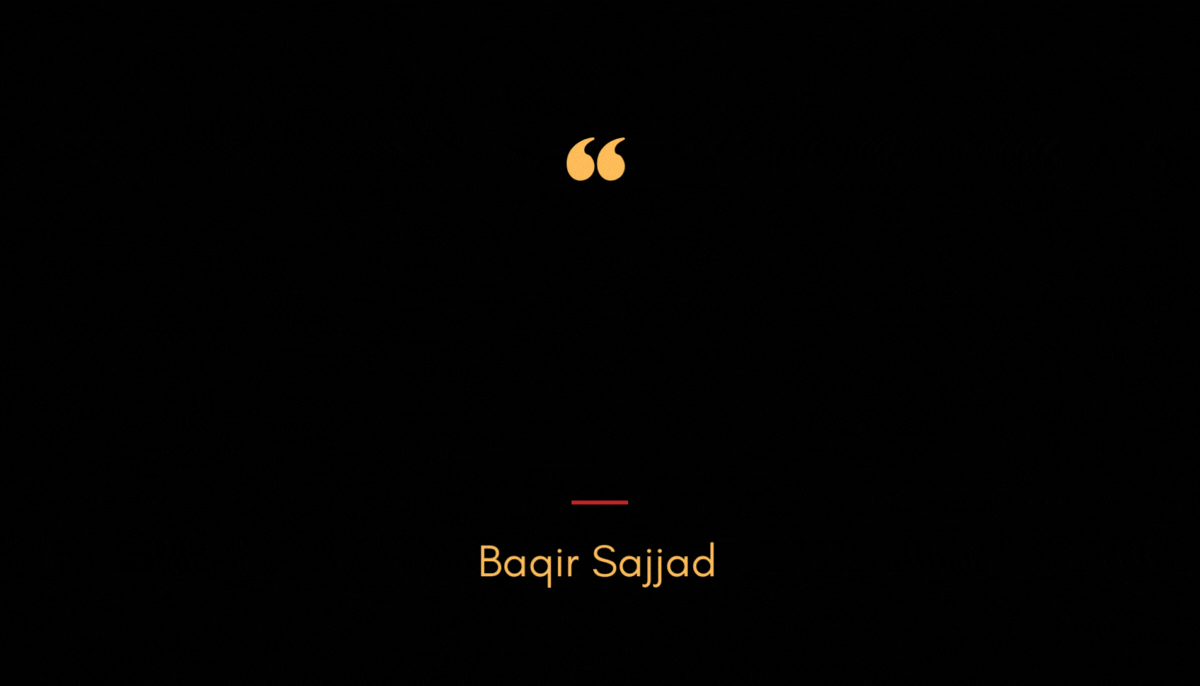
Similarly, Sajjad added, the next government should seek to deepen strategic ties with China, asking for economic support and focusing on the reinvigoration of the China-Pakistan Economic Corridor (CPEC) to enhance infrastructure, energy, and digital connectivity, and ensuring these initiatives translate into tangible economic benefits.
“Moreover, bolstering economic and investment ties with the Gulf Cooperation Council (GCC) countries is deemed vital, focusing on aid, energy, remittances, and employment opportunities for Pakistanis.”
While the emphasis would remain on diplomatic efforts to support economic recovery, the government should also remain acutely aware of the geopolitical dynamics with neighbouring countries like India, Afghanistan and Iran.
Therefore, he concluded, the foreign policy under Pakistan's new regime would have to be a pragmatic amalgamation of economic diplomacy, strategic partnerships, and regional cooperation.
Former ambassador Ashraf Jehangir Qazi said that Pakistan has been a “failing state” for quite some time and the “recent fraudulent elections have further confirmed this status of Pakistan”.
“A failing state can have no foreign policy because it wields no influence. No country gives a [cares] about Pakistan's views on Kashmir, India, Indian Muslims, Afghanistan, the Israeli genocide in Gaza, American crimes, etc.”
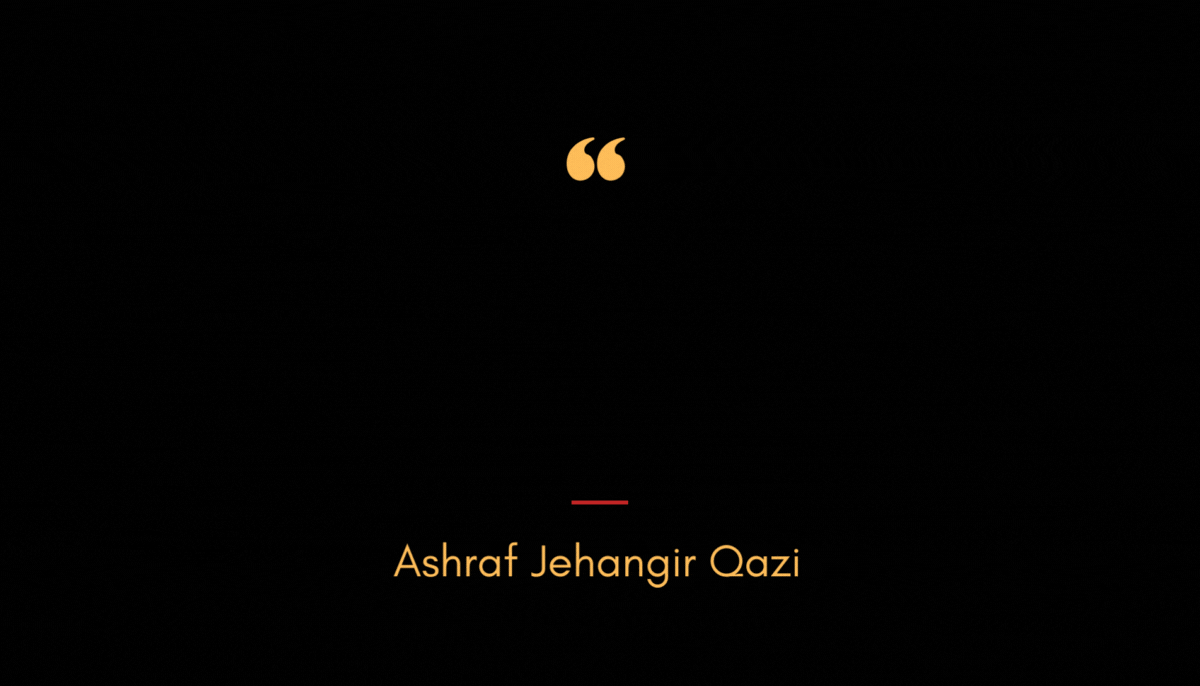
The ex-ambassador said economically, foreign direct investment has dried up, there are not enough jobs for the poor, the young, and women, while the rich are getting richer and salting away their profits in Western countries.
“All these problems will need to be tackled and resolved before Pakistan can even begin to exercise influence beyond its borders and have a foreign policy. Most officials, including our diplomats, shy away from publicly accepting this brutal reality. Meanwhile, we can pretend to have a foreign policy which is completely ignored by the rest of the world.”
Terrorism — focus on KP and Balochistan
In the lead-up to the polls, Pakistan was struck by over a half-century of deadly terrorist attacks, in which election hopefuls and party supporters either lost their lives or sustained injuries, but fortunately, the polling remained mostly peaceful throughout the day.
The military said that 51 “cowardly terrorist attacks, mostly in KP and Balochistan” were staged, aimed at disrupting the electoral process.
Before the polls, the year 2023 witnessed an unprecedented surge in terrorism as the country saw a staggering 69% rise in militant attacks, an 81% increase in resultant deaths, and a 60% jump in the number of wounded, as per Islamabad-based think tank Pakistan Institute for Conflict and Security Studies (PICSS) data.
With the PML-N all set to come into power, Zia Ur Rehman — an independent journalist and conflict researcher — points out that the party has a record of tackling internal security threats.
“Operation Zarb-e-Azb in 2014, Karachi Operation in 2013 against an array of violent groups demonstrate the party’s decisive approach towards internal security threats,” Rehman said.
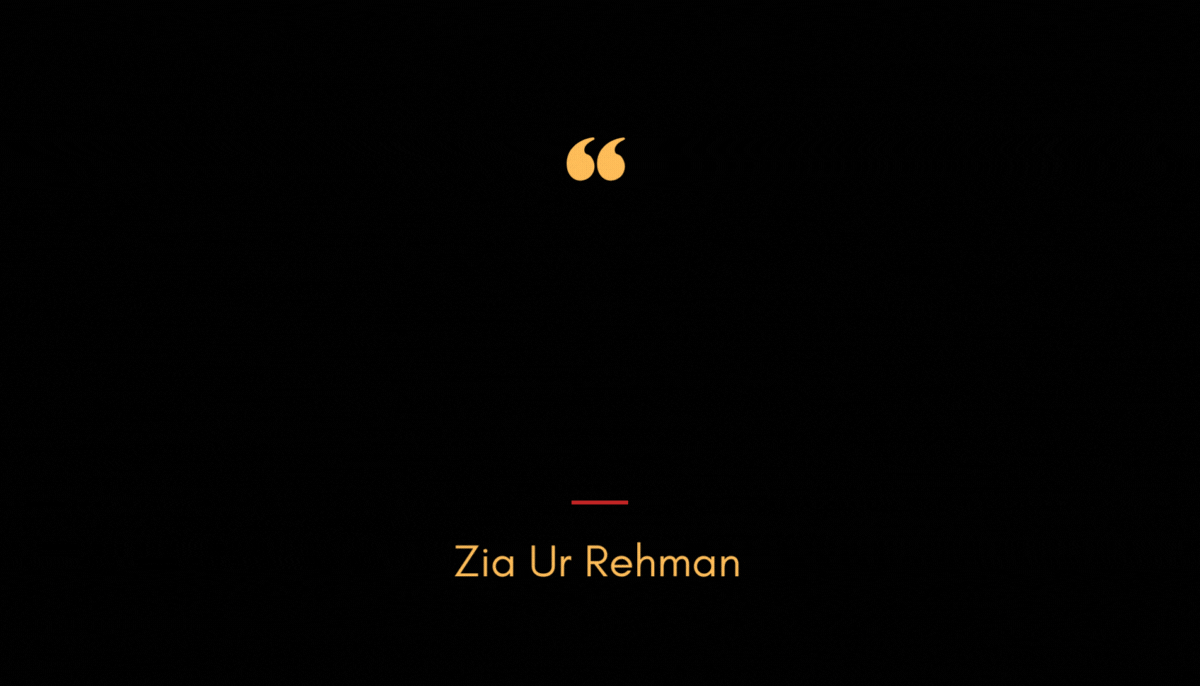
"Even in the 1990s, the PML-N quelled sectarian groups in Punjab."
However, Rehman said before launching operations, the PML-N prioritises negotiations. In 2013, before Operation Zarb-e-Azb, then-prime minister Nawaz Sharif formed a four-member committee to negotiate with the Tehreek-e-Taliban Pakistan (TTP).
The crucial question, according to Rehman, is whether to negotiate with both the TTP and the Taliban administration in Kabul, given their alleged support for the TTP and the escalating violence in KP and Balochistan.
“This issue is particularly sensitive considering former prime minister Imran Khan's criticism for attempting similar talks,” he added.
Addressing the two-decade-long Baloch insurgency presents another major challenge, according to the senior journalist.
With Baloch ethnopolitical parties, potential bridges between separatists, and the government ousted from parliament during the February 8 polls, Rehman warns of a likely intensification of the insurgency in the province.
“Separatist groups may exploit this absence to recruit more discontented youth,” he said.
Khawaja Burhan Uddin is a staffer at Geo.tv. He posts on X @khawajaburhan6



